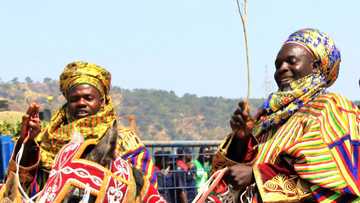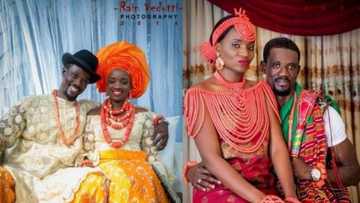Cultural similarities in Nigeria and their differences
The culture of Nigeria is ancient and beautiful, with more than 250 ethnic groups, that have different cultures and history. However, in the midst of all these differences, there are aspects of our cultures that make us realize that we are not hundred percent different. Continue reading as we identify the cultural similarities and differences in Nigeria.

Cultural similarities and differences in Nigeria
The population of the country is around 170 million. There are three major ethnic groups Yoruba, Igbo, Hausa/Fulani. Each group has its own language and other unique cultural characteristics. There is a lot to say about the rich culture of the country, every nation and tribe has its own features. Let’s start our list cultural similarities in Nigeria with languages.
- Language
In Nigeria language can be considered as the factor of difference between ethnic groups because people use their traditional languages. But the language that is used as a means of the communication between groups is the English language. This is the official language of the country and one of the main cultural similarities today.
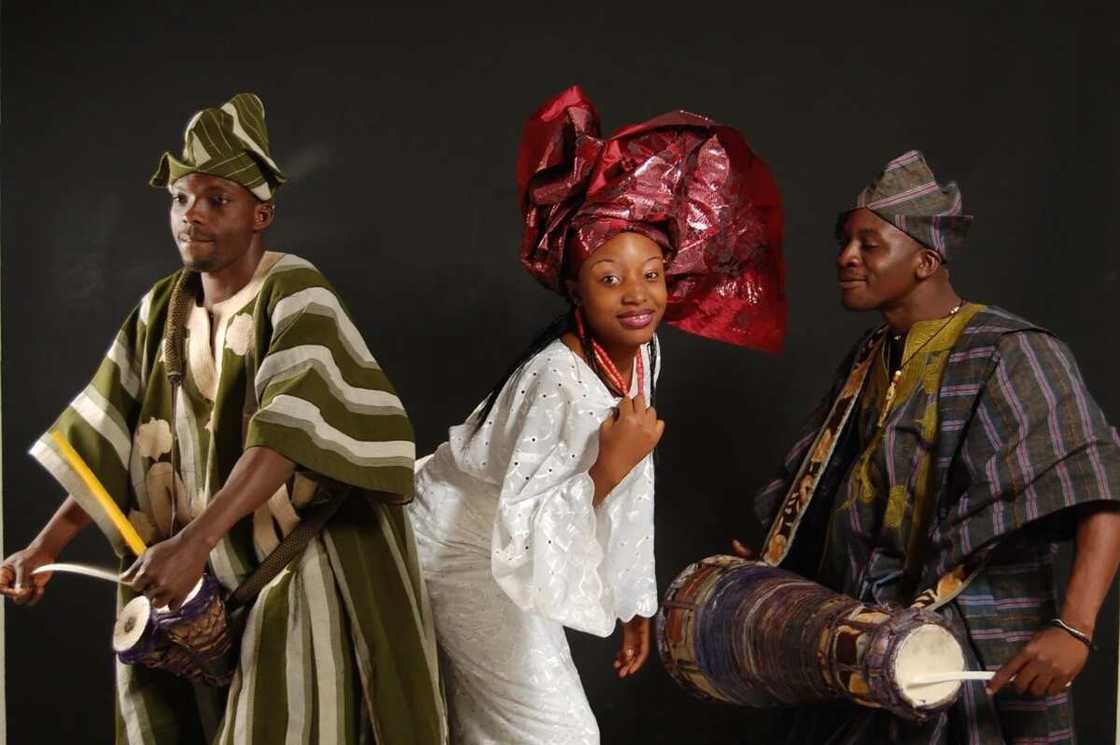
READ ALSO: Problem facing learners of English in Nigeria
It is the language of ethnically mixed areas in cities. Of course, the English language is often blended with grammar structures of traditional languages, mostly Yoruba and Igbo languages..
- Child rearing and family life
Igbo, Hausa, and Yoruba tribes have some similarities in this question. In most cases the families are large, but there is always a close bond between the children and their mothers. Children are trained to perform age-appropriate duties and to be responsible. Education is valued among these ethic groups.
It should be said that family life considers is considered a foundation of the culture in Yoruba and Igbo ethnic groups. In these tribes, a father considers as a main member of the family. Igbo family give more freedom to the child to decide his or her own destiny.
- Religion
This is a topic that creates both similarities and differences between tribes of the country. Around 50% of Nigerians are Muslims and 40% of people are Christians.
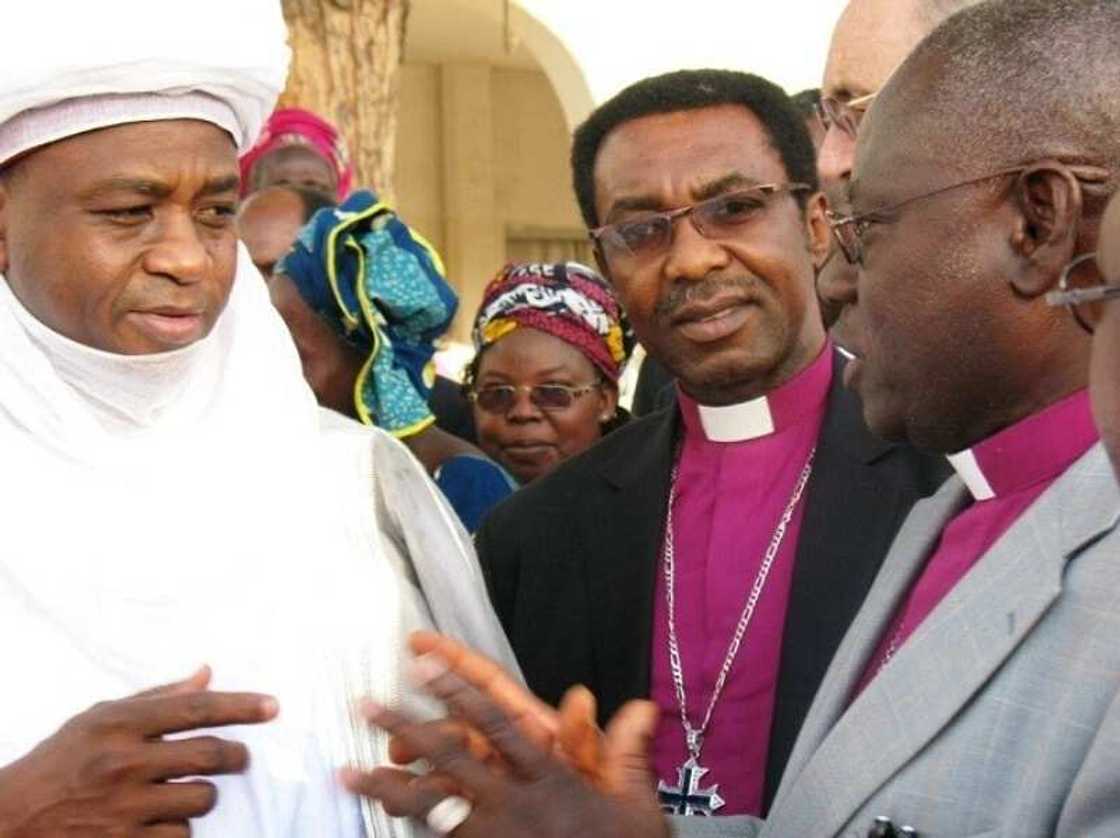
READ ALSO: Historical origin of Fulani tribe
There are both Muslims and Christians among members of the three major ethnic groups in Nigeria. Some Yorubas practice Protestant Christianity. Roman Catholic is spread mostly among the groups of Igboland. Indigenous Beliefs are also popular among almost all ethnic groups, in the certain form you can meet such believes in every corner of the country.
- Similarities with tribes from other countries
For example, there are similarities between the Fulani tribe of Nigeria, Hamar Tribe of Ethiopia, and Massai Tribe of Kenya. Fulanis and Massai are the tribes of west and east countries of Africa. They measure their wealth by the number of cattle.
Fulanis perform cane whipping ceremony as the part of the marriage ceremony. Hamar tribe in Ethiopia has almost the same practice to see if the man can be able to protect his future family. Both tribes also have a cattle leaping ritual as an initiation ceremony for young boys. See also Yoruba religion Ifa history and interesting facts.
- Business Life
In the questions of business we can say that Yorubas are more trusting, Igbos and Hausa less open to do business with people they don't know. Today, most of the tribes interact peacefully with each other in the aspect of business.
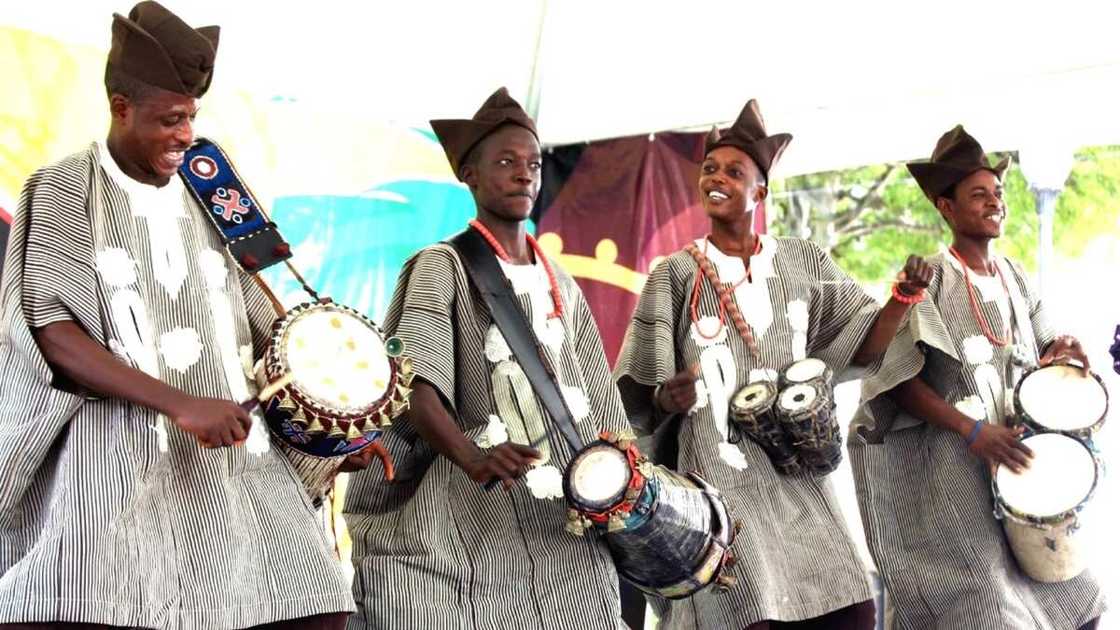
Here are five cultural similarities in Nigeria. Despite the cultural diversity, Nigerians are appreciate the beauty of each others culture. We see more cases of cultural integration between tribes, for example, Hausa and Fulani interact quite often and today they sometimes considered as one tribe.
Of course, there are differences in cultures and worldviews between different tribes and ethnic groups, but the country increasingly feels the need to unite and intercultural exchanges have contributed to this process.
READ ALSO: Female Hausa traditional attire
Source: Legit.ng



